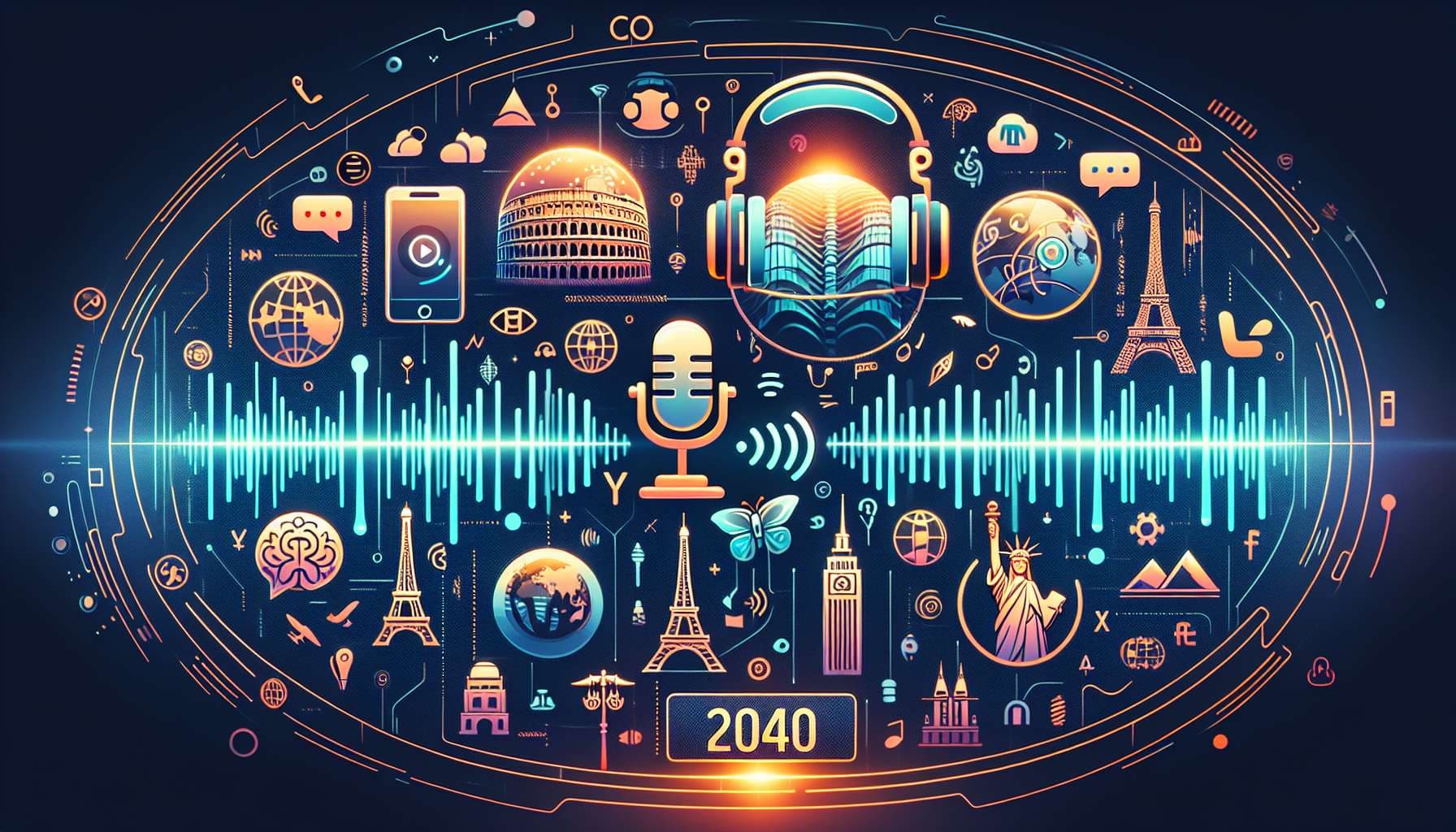
This question will resolve to YES if there's some sort of an audio translation technology that gives the user a comparable experience to being a fluent speaker in a foreign language. The tech should meet the following criteria:
Can be reasonably worn by an adult person, so <0.5 kg in weight
Works in areas with poor or no internet connectivity
Works in situations with lots of external noise being present, such as a busy restaurant or a ferry ride, not just in perfect lab conditions
The tech can use just microphones alone or a combination of audio and video
The translation quality should be so good that one could reasonably go study in a foreign country or conduct negotiations in a foreign language by just relying on it.
The translation should work in both directions (speaking and listening)
The device should work even if only the primary user is wearing/using it, it cannot require everyone present to own said device
Works for real-world, imperfect speech, not just for fully articulated speech without any mistakes. If a fluent speaker can make sense of it, so should this tech.
Its sufficient if it works for just one language pair (i.e. English-Spanish or English-Mandarin)
The final experience should somewhat resemble getting an instant audio-feed from a professional interpreter at the UN, for both speaking and listening.
Question inspired by this tweet: